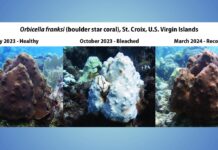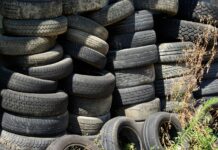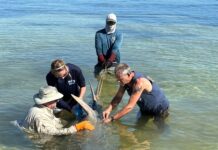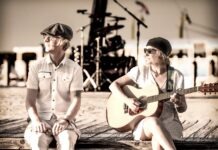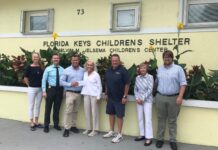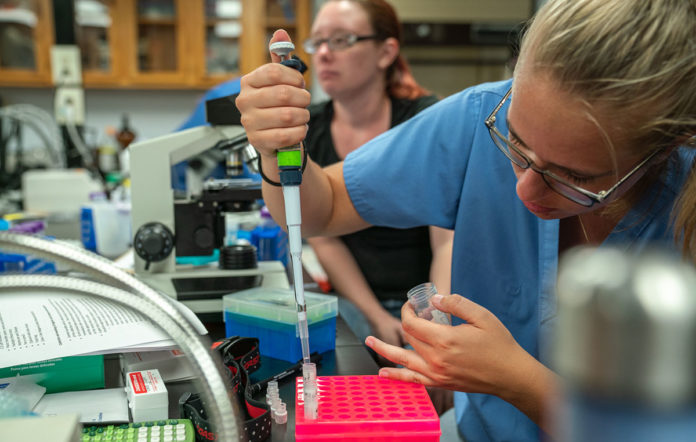
Keys Marine Lab (KML) is an unsung hero in Keys marine research. Tucked away in Layton (right next to one of our famous unmanned police cars on U.S. 1), the research station, affiliated with the Florida Institute of Oceanography, has recently undergone a facelift of sorts – and they’re ready to show it off.
On Saturday, Mar. 5 from 1p.m. to 3p.m., KML and its main collaborators will host a community Open House at their Keys campus (68486 Overseas Hwy. BS, Layton) to showcase their new digs. Come meet their new staff, see what they’ve been up to, and try your luck with the raffle. The event is free, and the public is welcome. Parking is available on site.
So, what kind of an upgrade are we talking about?
“Since 2019, we have received $725k, and we have an additional $450k set to be spread out over the next five years,” coral superstar and KML director Cynthia Lewis told the Weekly.
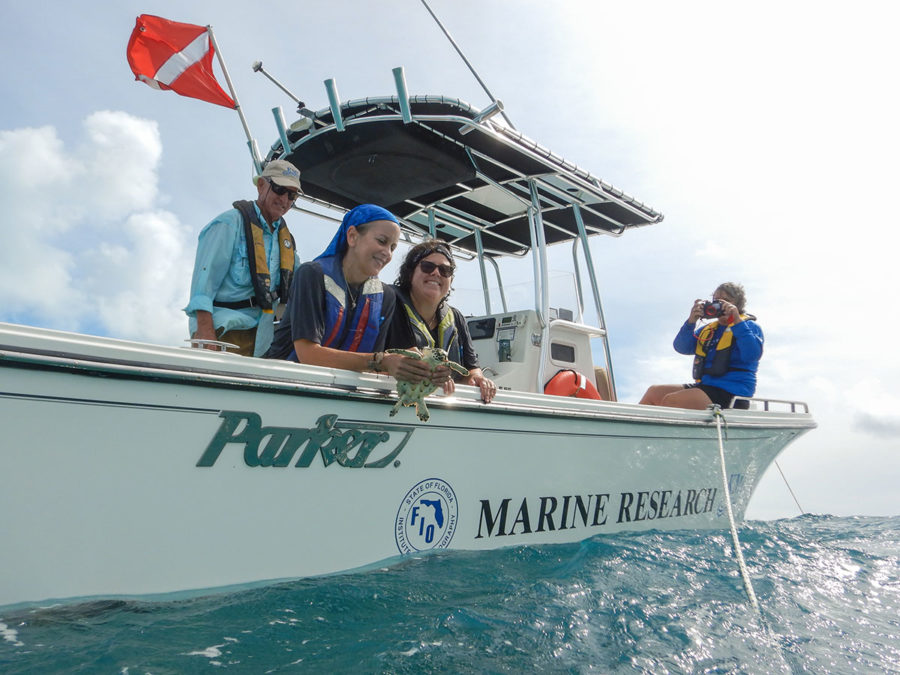
That’s a whopping $1.1 million total in investments and grants to upgrade their current holding facilities. That money has gone into an extensive seawater system expansion that will, when complete, triple KML’s current capacity to hold “reef-quality seawater.” This is ideal for experimental research, such as adaptive biology, and coral restoration, Lewis said. That cutting-edge work is critical in the Keys for the future of the coral reef and the blue economy it supports. This current part of KML’s expansion is slated to be completed in August.
KML’s primary mission is to enable research and education at the college level. To that end, the Layton campus hosts a variety of researchers throughout the year. KML provides experiential education opportunities and facilitates marine research by providing trained scientific divers and captains, seawater holding tanks for critters, research vessels and more. They pride themselves on “developing the marine scientists of tomorrow who will guide and shape the future of our threatened ocean ecosystems,” Lewis said. This new, expanded capacity multiplies their ability to do so.
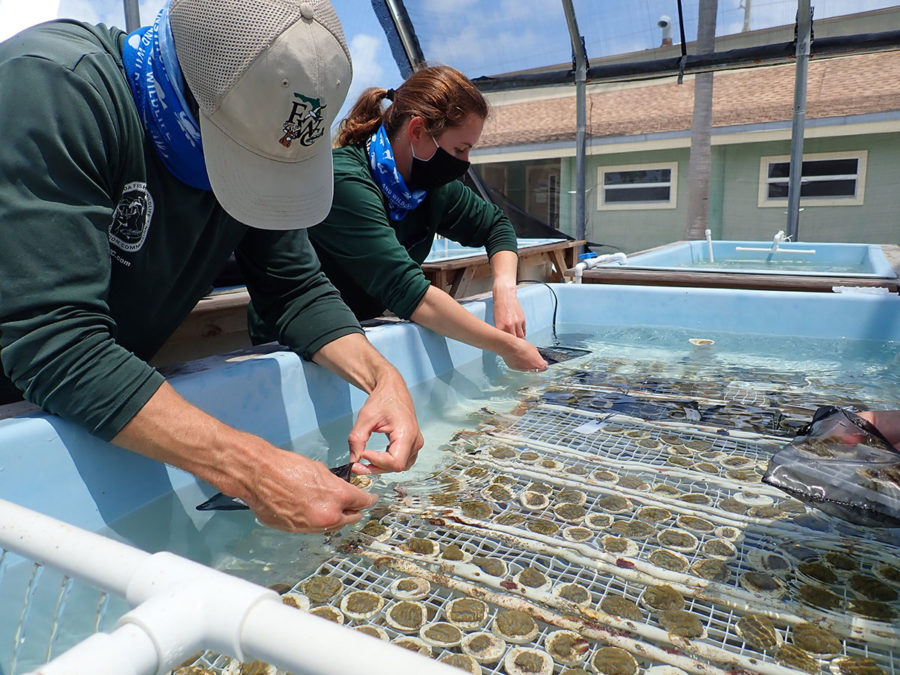
Open House visitors will have the opportunity to see these upgraded systems in person and to interact with a variety of marine organisms that are being actively used in research and restoration activities. Additionally, KML representatives and key collaborators from the Guy Harvey Ocean Foundation, the Florida Keys National Marine Sanctuary, I.CARE, Florida Fish and Wildlife Conservation Commission, and the Coral Restoration Foundation will be on site to chat. Educational booths, free raffle tickets, prizes like Tervis tumblers and T-shirts and more will round out the event.
Interested researchers can book here to reserve KML’s facilities and resources. For more opportunities to get involved, check the KML website and social media for updates and new events.


















